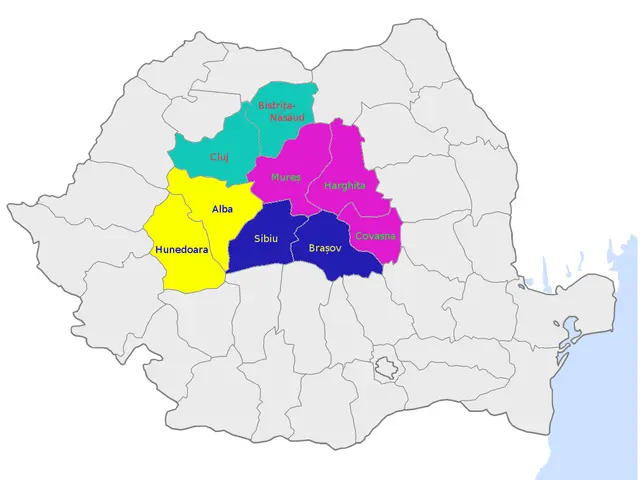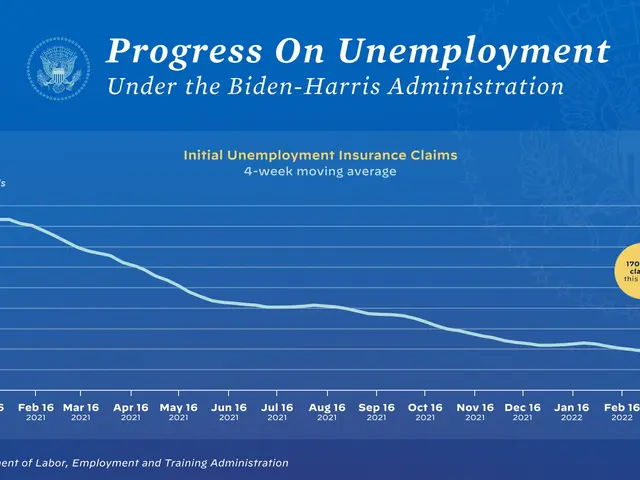Bangladesh's Robust Food Safety Framework: Challenges and Commitments
Bangladesh has established a robust legal framework for food safety, with key acts like the Safe Food Act 2013, Consumer Rights Protection Act 2009, and the Adulteration Act. This year's World Food Day, coinciding with the 80th anniversary of the Food and Agriculture Organisation, highlights the country's commitment to improving food safety.
Access to safe and nutritious food is recognised as a fundamental human right, as stated in Article 25(1) of the Universal Declaration of Human Rights. The Constitution of Bangladesh also affirms this right in Articles 15(a) and 18(1). The Safe Food Act 2013 was enacted to guarantee this right, leading to the establishment of the Bangladesh Safe Food Authority in 2015.
However, several challenges persist. The excessive use of chemicals and pesticides in agriculture, improper food storage, and unhygienic transportation conditions pose serious threats to food safety. Lack of awareness among producers, traders, and consumers, along with poor enforcement of food safety laws, exacerbates these issues. To tackle these challenges, enhancing market surveillance, regular inspections, strict punishment for offenders, public awareness campaigns, and modernising laboratories are essential.
Bangladesh, a signatory to international treaties like the Codex Alimentarius and ISO 22000, is committed to aligning its food safety systems with global benchmarks. As World Food Day 2025, themed 'hand in hand for better food and a better future', approaches, the country continues to strive towards ensuring all citizens have access to safe and nutritious food.
Read also:
- India's Agriculture Minister Reviews Sector Progress Amid Heavy Rains, Crop Areas Up
- Sleep Maxxing Trends and Tips: New Zealanders Seek Better Rest
- Over 1.7M in Baden-Württemberg at Poverty Risk, Emmendingen's Housing Crisis Urgent
- Life Expectancy Soars, But Youth Suicide and Substance Abuse Pose Concern






